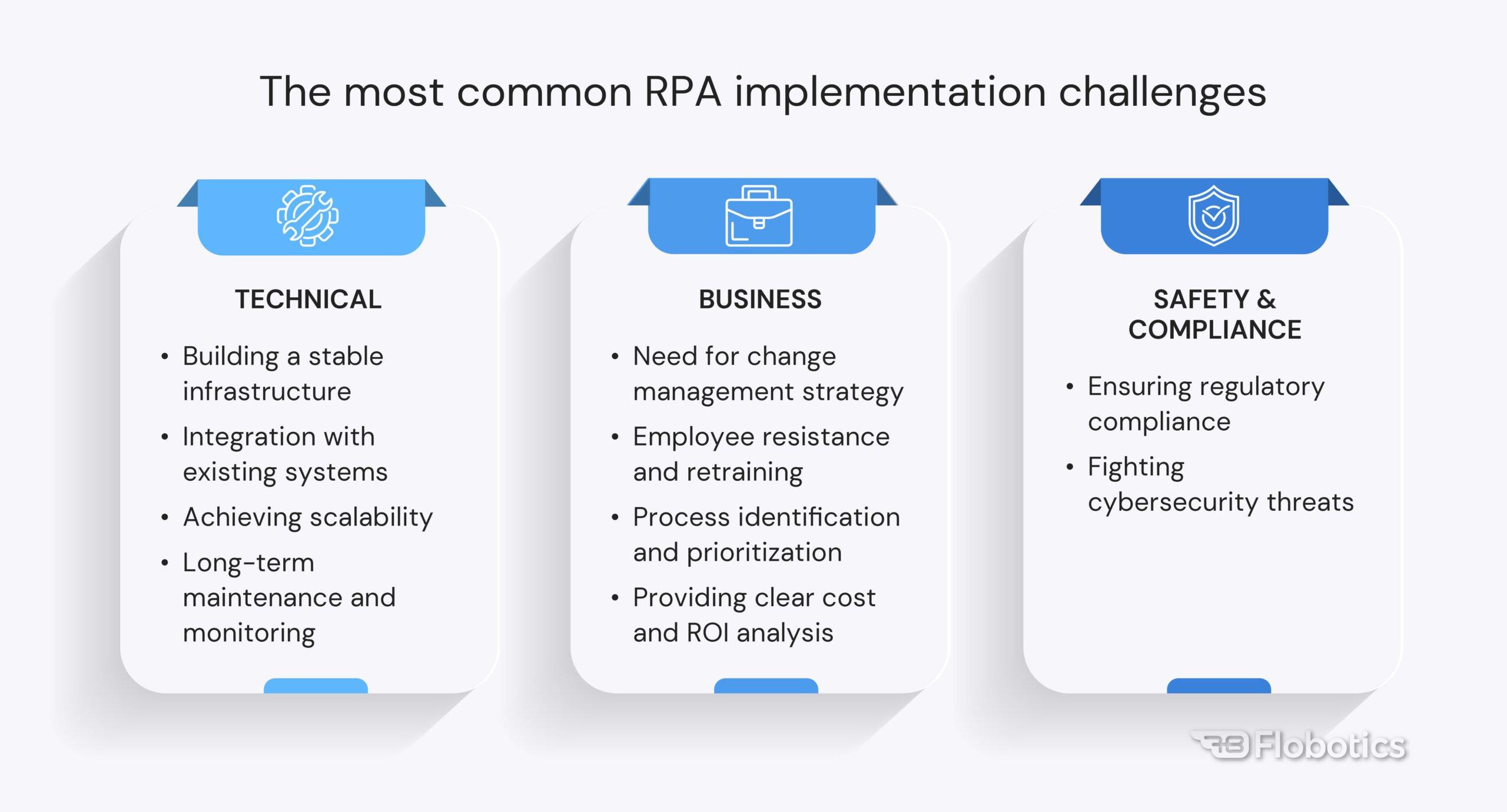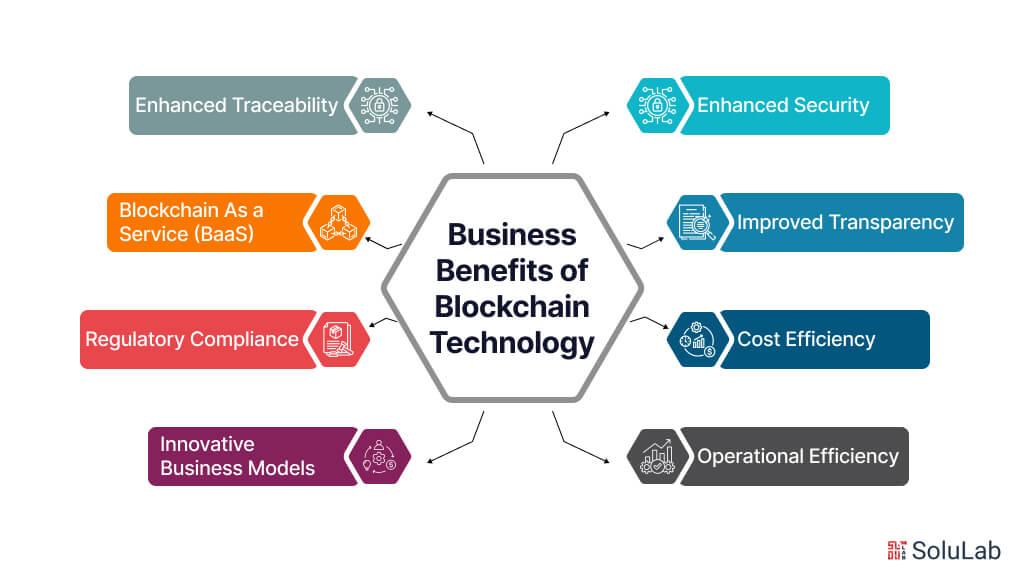In an era where efficiency, transparency, and trust are paramount, supply chains stand at a critical crossroads. The traditional models that have long governed the flow of goods and services are increasingly being challenged by the complexities of global commerce and consumer expectations. Enter blockchain technology—a revolutionary force that promises to redefine the boundaries of these intricate networks. This article delves into the transformative potential of blockchain within supply chains, exploring how its decentralized, immutable ledger can enhance visibility, reduce fraud, and foster collaboration among stakeholders. As we navigate this intricate landscape, we will uncover not only the advantages of integrating blockchain but also the challenges that lie ahead on the road to a more resilient and responsive supply chain ecosystem. Join us as we embark on this journey to understand the role of blockchain technology in shaping the future of logistics and commerce.
Understanding Blockchain Fundamentals in Supply Chain Management
Blockchain technology introduces a revolutionary method for enhancing transparency and traceability in supply chain management. Unlike traditional systems where data entries can be manipulated without proper oversight, blockchain relies on a decentralized ledger system that provides a secure, immutable record of transactions. Every stakeholder—from suppliers to manufacturers to retailers—can access a singular version of the truth about the product’s journey. This level of transparency fosters trust, as each participant can track product origins, verify quality, and trace the chain of custody.
Moreover, the application of smart contracts on blockchain platforms automates processes, minimizes errors, and reduces the potential for fraud. When predefined conditions are met, these self-executing contracts can trigger automatic actions, such as releasing payments or updating inventory levels. This efficiency not only speeds up transactions but also enhances communication among stakeholders. The integration of blockchain in supply chains brings forth a range of advantages, including:
- Enhanced Security: Data integrity is maintained through cryptographic encryption.
- Improved Coordination: Real-time updates reduce delays and miscommunication.
- Cost Savings: Streamlined processes lower operational costs.

Enhancing Transparency and Traceability through Decentralization
Decentralization powered by blockchain technology introduces a transformative approach to supply chain management, enhancing visibility and accountability. By creating a distributed ledger that records every transaction across the supply chain, it eliminates the pitfalls of centralized systems that are prone to manipulation and errors. Key benefits of this approach include:
- Immutable Records: Every transaction is securely recorded, providing a permanent and verifiable history, which fosters trust among stakeholders.
- Real-Time Tracking: Participants can track products at every stage of the journey, ensuring they can verify authenticity and origin.
- Reduced Fraud: The transparency offered by a decentralized system reduces opportunities for tampering or fraud, significantly uplifting product integrity.
The integration of blockchain in supply chains significantly enhances traceability, allowing businesses to swiftly identify and address issues that may arise within the logistics framework. This newfound capability can be illustrated through the following table, showcasing typical supply chain challenges alongside the blockchain solutions:
| Challenge | Blockchain Solution |
|---|---|
| Product Counterfeiting | Verification of product authenticity through digital signatures. |
| Lack of Visibility | Real-time access to supply chain data for all stakeholders. |
| Delayed Transactions | Automated processes through smart contracts to streamline approvals. |

Mitigating Risks and Fraud: How Blockchain Strengthens Supply Chains
In an era where supply chains are increasingly susceptible to risks and fraud, blockchain technology emerges as a robust solution. By providing a decentralised ledger that ensures transparency and traceability, blockchain allows all parties involved in a supply chain to view and verify transaction histories in real-time. This drastically reduces the potential for fraudulent activities, such as counterfeit products entering the supply chain or misrepresentation of product origins. With smart contracts automating processes, companies can further mitigate risk by ensuring compliance with regulations and reducing human error.
Moreover, the inherent security of blockchain fortifies supply chain integrity. Each transaction is encrypted and linked to the previous one, making tampering nearly impossible. Companies can benefit from implementing blockchain through:
- Enhanced traceability: Easily track product journeys from source to consumer.
- Improved accountability: Every participant in the chain is held accountable for their actions.
- Reduction in disputes: Transparency leads to fewer disagreements over transactions.
| Benefit | Description |
|---|---|
| Transparency | All parties have access to the same data, promoting trust. |
| Traceability | Effortlessly track and verify the origin of products. |
| Security | Encrypted data reduces risks of unauthorized access. |

Navigating Implementation Challenges: Strategies for Effective Integration
Successful implementation of blockchain technology within supply chains hinges on addressing various integration challenges. Organizations should prioritize establishing a clear roadmap that outlines the specific goals, timelines, and resources needed for adoption. Engaging all stakeholders from the onset is critical; this includes supply chain partners, technology providers, and regulatory bodies. By fostering an environment of collaboration, businesses can cultivate a shared understanding of blockchain’s capabilities and limitations. Regular workshops and training sessions can enhance familiarity with the technology, ultimately driving collective ownership of the transformation process.
Another essential strategy involves leveraging pilot programs to test blockchain applications on a smaller scale before full deployment. This approach allows companies to identify potential hurdles without overwhelming existing operations. Additionally, investing in interoperability solutions can facilitate smoother transitions by enabling blockchain platforms to communicate effectively with current systems. Tracking success metrics—such as improved transparency and reduced transaction times—can provide insights into the effectiveness of the blockchain initiative. Below is a table highlighting key performance indicators (KPIs) to monitor during implementation:
| KPI | Description |
|---|---|
| Transaction Speed | Time taken to complete a transaction on the blockchain |
| Cost Reduction | Calculation of savings from decreased intermediaries |
| Transparency Level | Degree of visibility across the supply chain |
| Audit Trails | Frequency and clarity of recorded transactions |
In Conclusion
As we stand on the cusp of a new era in supply chain management, the transformative potential of blockchain technology beckons us to rethink the foundations of how goods flow across the globe. This innovative ledger system, with its promise of transparency, security, and efficiency, offers a pathway to address longstanding challenges while paving the way for a more accountable and resilient supply chain ecosystem.
However, embracing this paradigm shift requires more than just technological adoption; it demands a collective willingness to innovate, collaborate, and adapt. As industry leaders and organizations explore the possibilities that blockchain holds, we must remain mindful of the complexities involved—not merely in implementation but in fostering an industry culture that values trust and integrity.
In closing, as we navigate this uncharted territory, let us leverage the capabilities of blockchain not just to streamline operations, but to inspire a reimagined vision of supply chains that align with sustainable practices and ethical governance. The journey may be challenging, yet the rewards of a revamped supply chain, driven by the principles of blockchain, could lead us into a future where efficiency meets responsibility, ultimately benefiting businesses and consumers alike. The transformation has begun—are we ready to embrace it?



